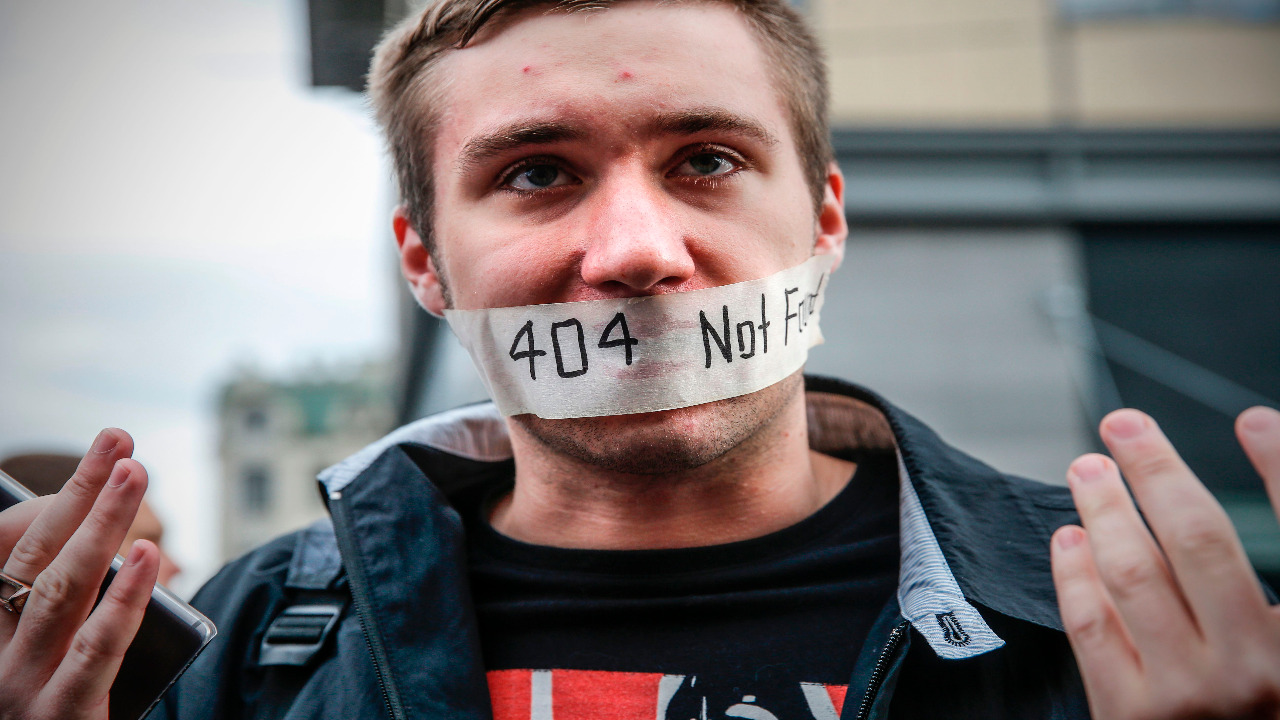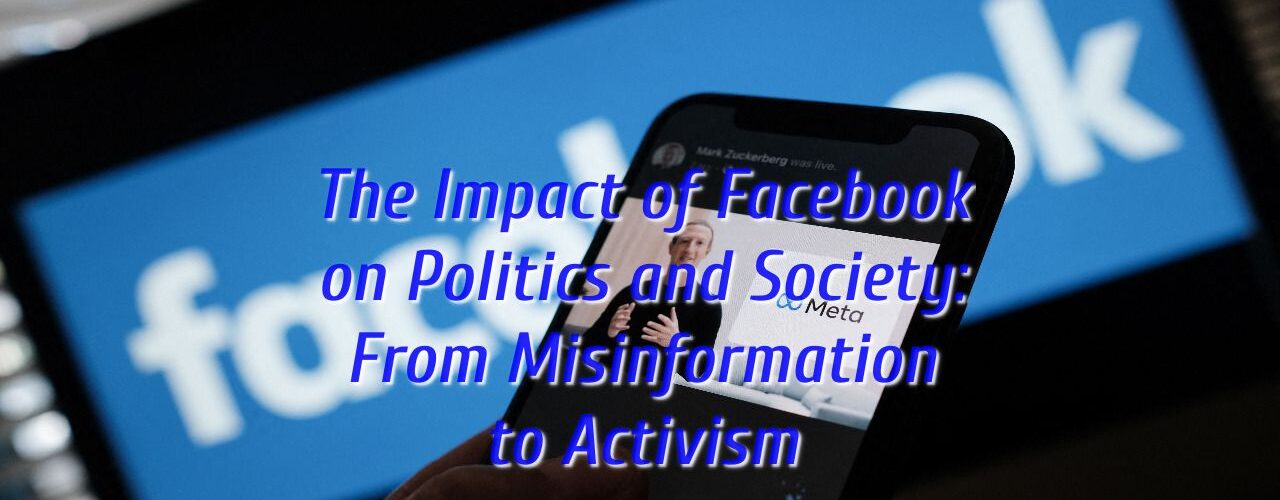Facebook is one of the most popular social media platforms globally, with over 2.8 billion monthly active users as of 2021. The platform has transformed the way people communicate and access information, with significant impacts on politics and society. In this article, we will discuss the impact of Facebook on politics and society, from the spread of misinformation to the rise of activism.
Before pursuing likes for Facebook posts, delve into the platform’s social impact and explore how Facebook is connected to activism and misinformation cases.
Misinformation on Facebook

One of the most significant impacts of Facebook on politics and society is the spread of misinformation. Misinformation refers to false or misleading information that is spread intentionally or unintentionally. Facebook has been accused of enabling the spread of misinformation, especially during the 2016 US presidential election. The platform was used by foreign actors to spread fake news, propaganda, and conspiracy theories, which influenced the election’s outcome.
Facebook has since implemented measures to counter misinformation, such as fact-checking, flagging false content, and reducing the visibility of fake news. However, the platform still faces challenges in combating misinformation, as fake news can still spread through private groups and messaging apps.
Polarization and Echo Chambers

Facebook has also been blamed for contributing to political polarization and creating echo chambers. Echo chambers refer to online spaces where individuals are only exposed to ideas and opinions that align with their own. This can reinforce their beliefs, making them less likely to consider opposing viewpoints.
Facebook’s algorithm has been criticized for promoting polarizing content and reinforcing echo chambers. The algorithm shows users content that is similar to what they have previously engaged with, leading to the creation of filter bubbles. Filter bubbles refer to the phenomenon where individuals only see content that aligns with their pre-existing beliefs, making it challenging to be exposed to alternative perspectives.
The Rise of Activism

Despite the challenges, Facebook has also been a platform for activism and social movements. The platform has enabled individuals and groups to connect and mobilize around common causes, from the Arab Spring to Black Lives Matter.
Facebook has been instrumental in raising awareness of social issues and bringing people together to demand change. Social media campaigns have played a crucial role in advocating for policy change and holding governments accountable. For example, the #MeToo movement, which originated on social media, highlighted the prevalence of sexual harassment and assault, leading to changes in laws and workplace policies.
However, Facebook has also been criticized for enabling performative activism, where individuals engage in symbolic actions without committing to tangible change. Performative activism can create the illusion of progress without addressing systemic issues, leading to complacency.
Conclusion
Facebook has had significant impacts on politics and society, from the spread of misinformation to the rise of activism. While the platform has enabled individuals to connect and mobilize around common causes, it has also contributed to political polarization and the spread of misinformation. Facebook has a responsibility to address these challenges and ensure that its platform is not used to harm society. As users, we also have a responsibility to be critical of the content we consume and engage with and to demand transparency and accountability from the platform.


